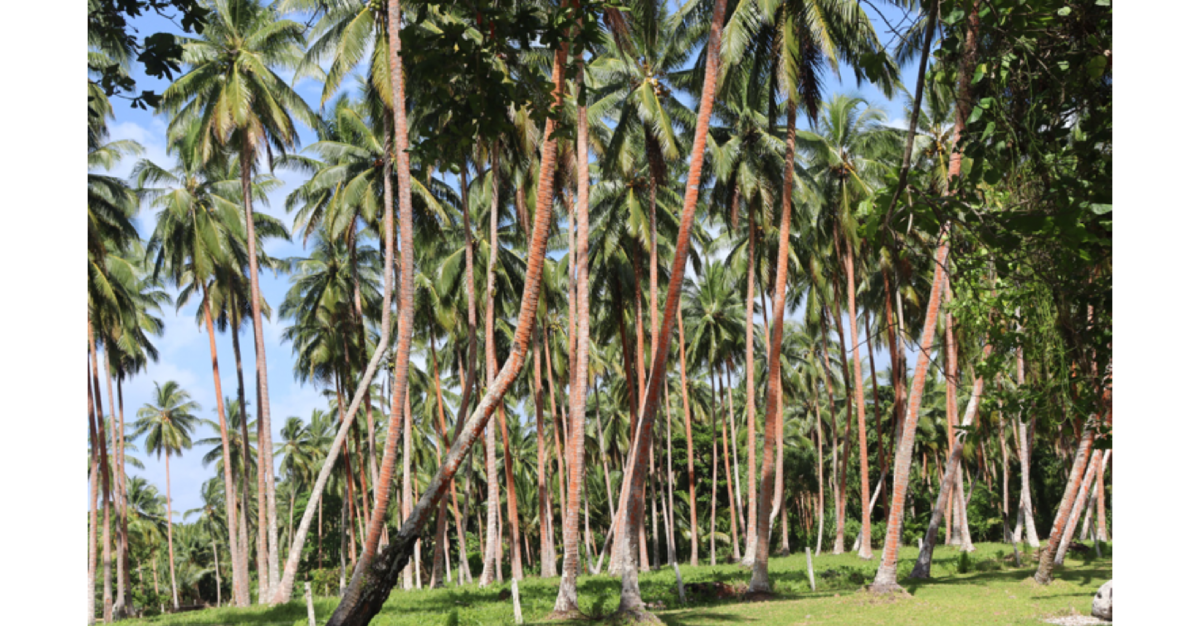TEN local farmers from the Western Province have reported significant improvements in their coconut and cocoa plantations after receiving support from the Cocoa and Coconut Revolving Fund (CCRF), an initiative aimed at revitalizing the country’s agriculture sector.
The farmers were among 57 recipients nationwide—including buyers, traders, and exporters—who received cheque payments during an official handover ceremony held on Friday, 2 May.
The event was officiated by the Minister for the Ministry of Agriculture and Livestock (MAL), Hon. Franklyn Derek Wasi.
Among 10 farmers in WP, nine are coconut farmers and one, a coconut farmer.
Speaking to Solomon Star in an exclusive interview Thursday , Western Provincial Agriculture Chief Field Officer Sipuru Rove confirmed that since the distribution of funds, a noticeable transformation has taken place across several plantations in the province.
“We’ve observed a significant improvement in both coconut and cocoa plantations,” Rove said.
“Unlike in previous years, the farms are now well-maintained, clean, and actively managed—not just by the farmers but with the participation of the entire community.”
He said, the benefits are far-reaching, even involving children in the daily operations of plantation work.
“Some families have installed small copra driers. Children help by collecting coconuts, storing them properly, and preparing them for drying and sale.
“Currently, a 10-kilogram bag of copra sells for around $40 and that is very reasonable price for people in the rural areas,” he explained.
Rove also noted that the influx of funds has helped circulate money within rural communities, stimulating small-scale economies through improved production.
Despite these successes, Rove expressed concern that the amounts disbursed to individual farmers under the first round of funding were not sufficient.
“Some farmers only received between $30,000 and $50,000 and other amounts.
“While helpful, it is not enough to fully support ongoing operations, especially when factoring in high transportation costs for sending copra to market,’’ he added.
On the issue of farmer selection, Rove revealed that the Western Provincial Agriculture Division was only involved in facilitating applications, while final decisions and selection were made in Honiara.
“We believe future selections should involve the province directly,” he stressed.
“We are more familiar with the locations of active plantations and high-producing areas. Decentralizing this process will ensure a more targeted and fair distribution of support.”
He added that plans are underway for the next round of the Revolving Fund to be managed at the provincial level, allowing local authorities greater control in identifying eligible farmers and their respective locations.
However, he noted that these plans are yet to be finalized by MAL bosses.
Rove also pointed out a continuing challenge: poor shipping services that affect the timely and cost-effective transportation of copra and cocoa products.
“Shipping remains a major constraint for farmers in the Western Province,” he said.
“If we want to sustain this momentum, we need reliable and affordable shipping options to get our products to buyers,’’ he added.
The Cocoa and Coconut Revolving Fund is part of a broader national strategy to boost agricultural productivity, improve livelihoods in rural areas, and contribute to economic growth through sustainable farming across the Solomon Islands.
By ULUTAH GINA
Solomon Star, Gizo





